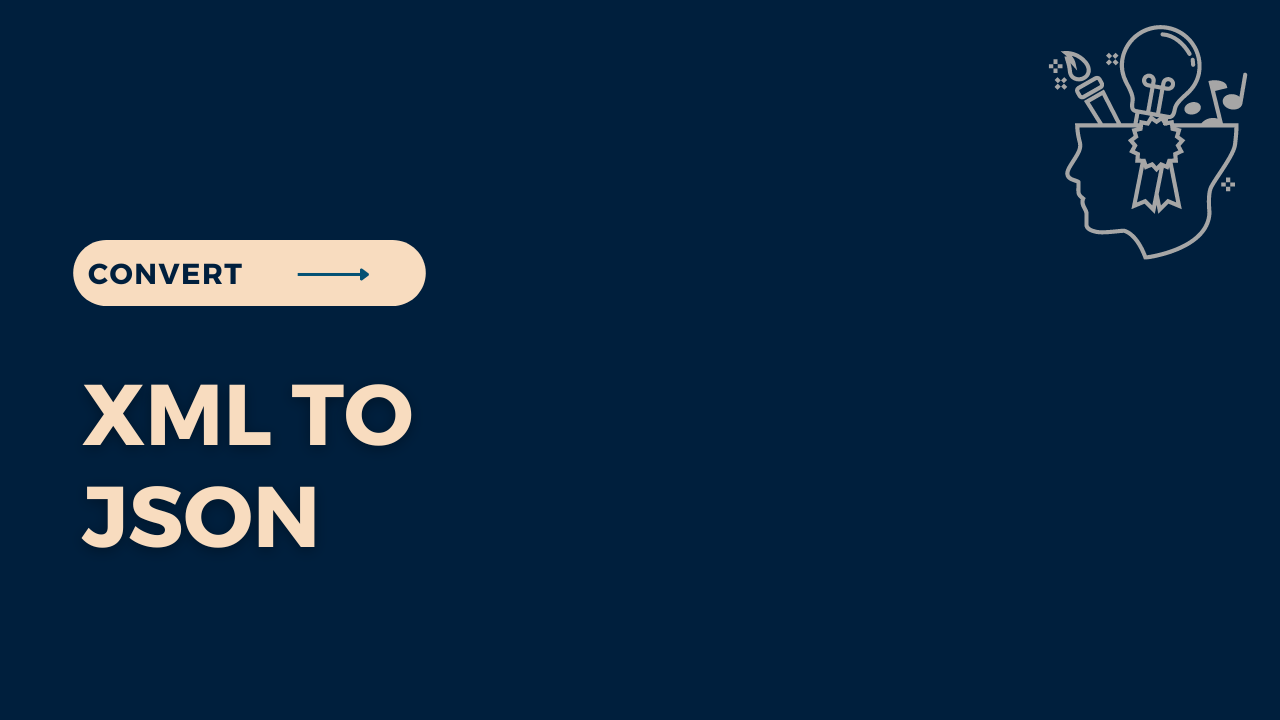JSON to XML Converter: Simplifying Data Interchange
In the realm of web development and data interchange, the JSON (JavaScript Object Notation) and XML (eXtensible Markup Language) formats reign supreme. Both serve as essential tools for structuring and transmitting data across various platforms and applications. However, despite their commonality, scenarios often arise where data must be converted between the two formats to meet specific requirements.
Usefulness of JSON to XML Conversion :
1. Legacy System Integration :
Many legacy systems and enterprise applications still rely on XML as their primary data format. When interfacing with such systems from modern web applications that predominantly use JSON, a JSON to XML converter becomes indispensable. It facilitates seamless integration by transforming JSON data into XML format, ensuring compatibility with legacy systems.
2. Industry Standards and Specifications :
Certain industries and domains prescribe the use of specific data formats, often XML-based, for data exchange and interoperability. In such cases, a JSON to XML converter enables compliance with industry standards and specifications, facilitating smooth data transmission and collaboration within the ecosystem..
3. Web Services and APIs :
Web services and APIs often expose data in JSON format due to its simplicity and ease of use. However, some consumers may require data in XML format. A JSON to XML converter empowers service providers to cater to diverse consumer preferences by dynamically converting JSON responses into XML, thereby enhancing interoperability and accessibility.
4. Data Transformation and Mapping :
Data transformation and mapping processes frequently involve converting data between different formats to align with target schemas or requirements. A JSON to XML converter serves as a versatile tool in such scenarios, enabling developers to efficiently transform JSON data into XML structures as needed for downstream processing or consumption.
